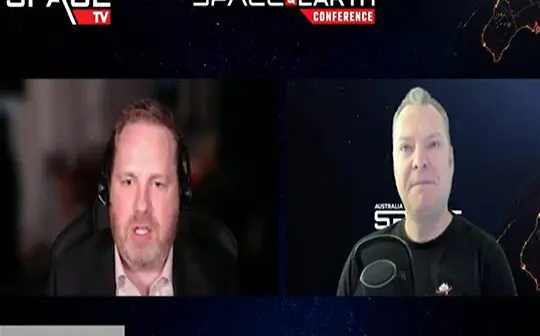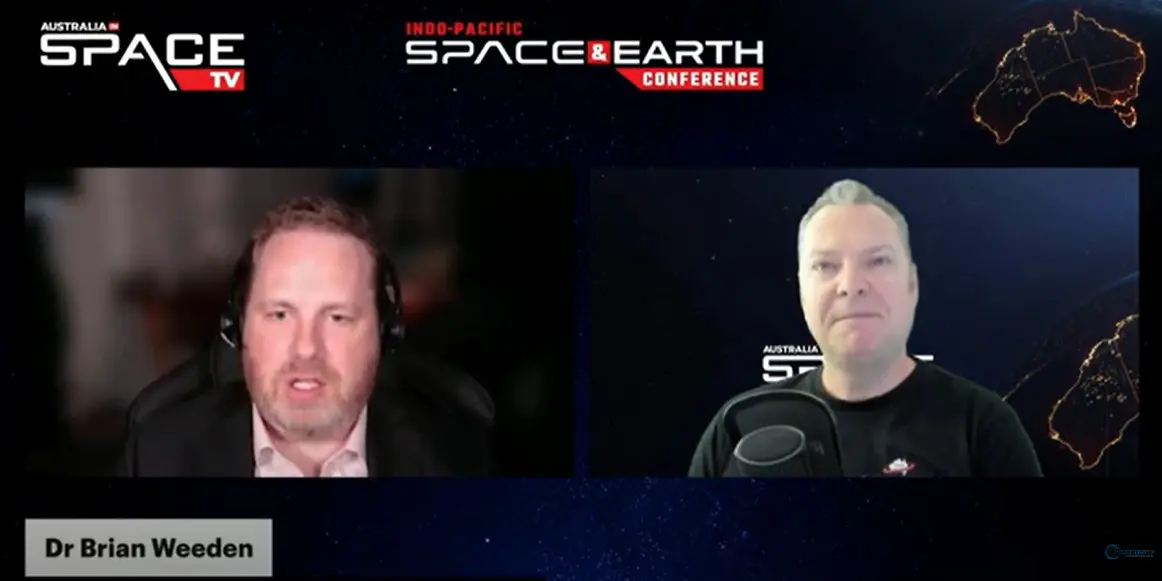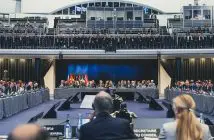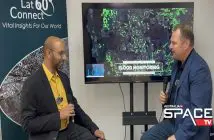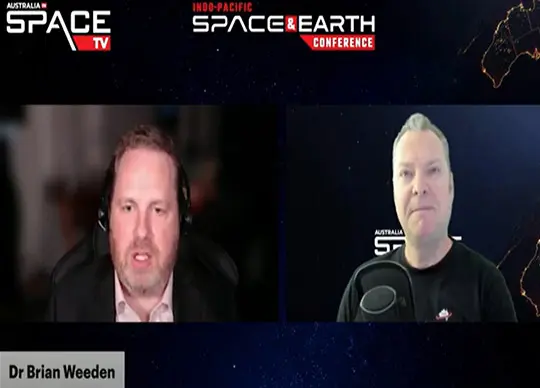
Dr. Brian Weeden is the Director of Program Planning for Secure World Foundation and has nearly two decades of professional experience in space operations and policy.
Dr. Weeden directs strategic planning for future-year projects to meet the Foundation’s goals and objectives, and conducts research on space debris, global space situational awareness, space traffic management, protection of space assets, and space governance. Dr. Weeden also organizes national and international workshops to increase awareness of and facilitate dialogue on space security, stability, and sustainability topics. He is a member and former Chair of the World Economic Forum’s Global Future Council on Space Technologies, a former member of the Advisory Committee on Commercial Remote Sensing (ACCRES) to the National Oceanic and Atmospheric Administration (NOAA), and the Executive Director of the Consortium for Execution of Rendezvous and Servicing Operations (CONFERS).
As part of NASA’s efforts to address orbital debris, the agency is funding research proposals from three university-based teams over the next year to analyze the economic, social, and policy issues associated with space sustainability.
Orbital debris consists of human-made objects orbiting Earth that no longer serve a purpose, including mission-related and fragmentation debris, nonfunctional spacecraft, and abandoned rocket stages.
A panel of experts evaluated and selected three proposals including:
“An Integrated Assessment Model for Satellite Constellations and Orbital Debris,” submitted by Akhil Rao of Middlebury College, Daniel Kaffine of the University of Colorado-Boulder, and Brian Weeden of the Secure World Foundation.
For more information visit:
https://swfound.org/about-us/our-team…
https://swfound.org/events/2023/5th-s…
https://spaceanddefense.io/nasa-funds…
#australiainspacetv #space #swf #spacesustainability #ipsec2023

